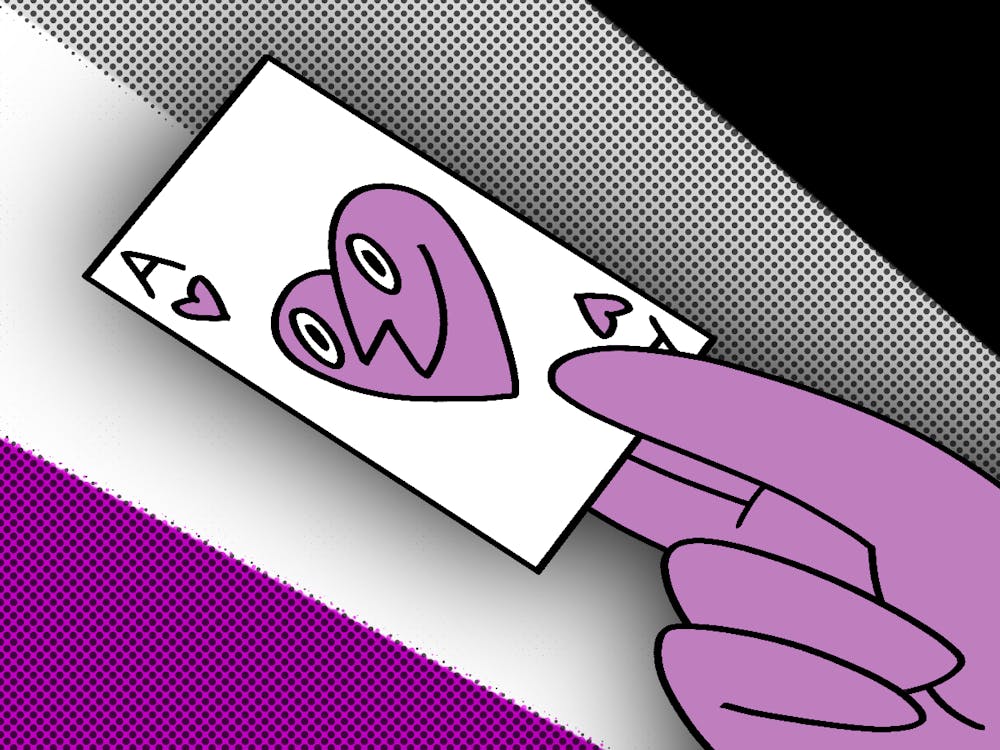In a world saturated with sexual narratives, the absence of sexual desire can be perplexing. But asexuality, defined as having little to no sexual attraction or sexual desire, is a valid sexual orientation that is frequently neglected in public and professional conversations, making it an "invisible orientation.”
Aces frequently have their experiences dismissed with statements like they "just haven't found the right person," that they're "broken," or that their orientation is "just a phase.”
Stereotypes often paint asexuals as unable to form deep emotional connections, ignoring that aces experience love and emotional connections just like anyone else. Asexual characters are scarce in media, and when they do appear, they are often poorly written. This reinforces the harmful idea that asexuality is rare or abnormal.
The fight for visibility and acceptance is ongoing. Asexual identities are often overlooked or misunderstood, meaning many aces grow up without realizing asexuality exists. Because the issues aces face are directly influenced by other marginalized identities, many in our community — especially aces of color, disabled aces and aces with other LGBTQ+ identities — face significant barriers to equality and acceptance.
The invisibility and misconceptions surrounding asexuality have severe consequences. Asexual people are 10% more likely to be offered conversion therapy than those of other sexual orientations, based on a U.K. government survey conducted in 2018. Asexual people may experience distress, not from lack of sexual attraction, but from social pressures like sexual pressure from partners, lack of affirming information or adverse interactions with healthcare providers. This leads to discriminatory practices, such as referral delays or barriers to accessing services like in vitro fertilization. Many asexual patients felt they needed to lie about their sexual orientation to receive necessary health care.
To create an accepting world, institutions must prioritize support for asexual people. Healthcare providers must acknowledge asexuality as an identity, use inclusive language — such as saying "if you have sex" rather than "when you have sex" — and normalize the existence of people engaging in little to no sexual activity. Aces should not be denied necessary care or subjected to unwanted procedures, medications or psychological referrals due to their asexuality.
Asexual Awareness Week, the last full week in October, is a vital platform for pushing back against invisibility by providing a dedicated space to educate, foster community, advocate for inclusivity and, most importantly, promote self-acceptance. The week serves as a concentrated period for sharing information about asexuality and demystifying misconceptions. It provides opportunities for aces to feel seen, understood and supported by their peers. It highlights the need for greater inclusion of aces in LGBTQIA+ spaces, research and policy. Seeing others openly discuss asexuality can empower individuals to embrace their own identity without shame.
Sonaiya Brown is a 19-year-old UF biology sophomore.
Sonaiya Brown is a freshman photographer for Summer 2025. In her free time, she enjoys sleeping, listening to music, and most importantly, talking to her senior puppies a lot.






